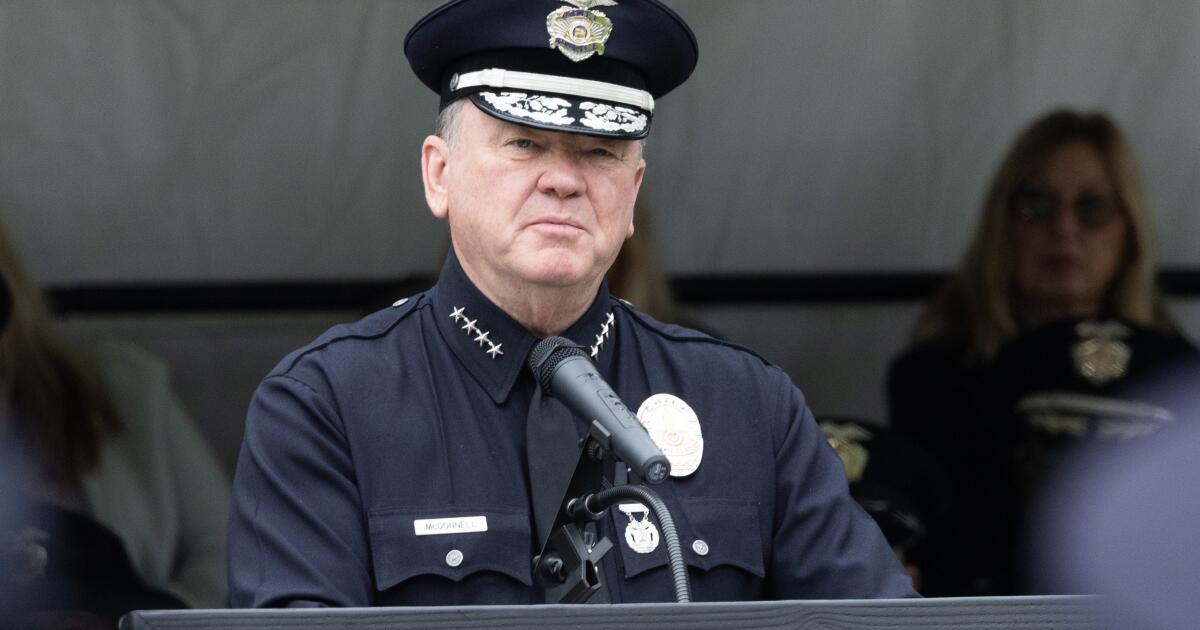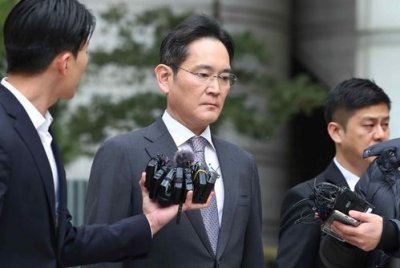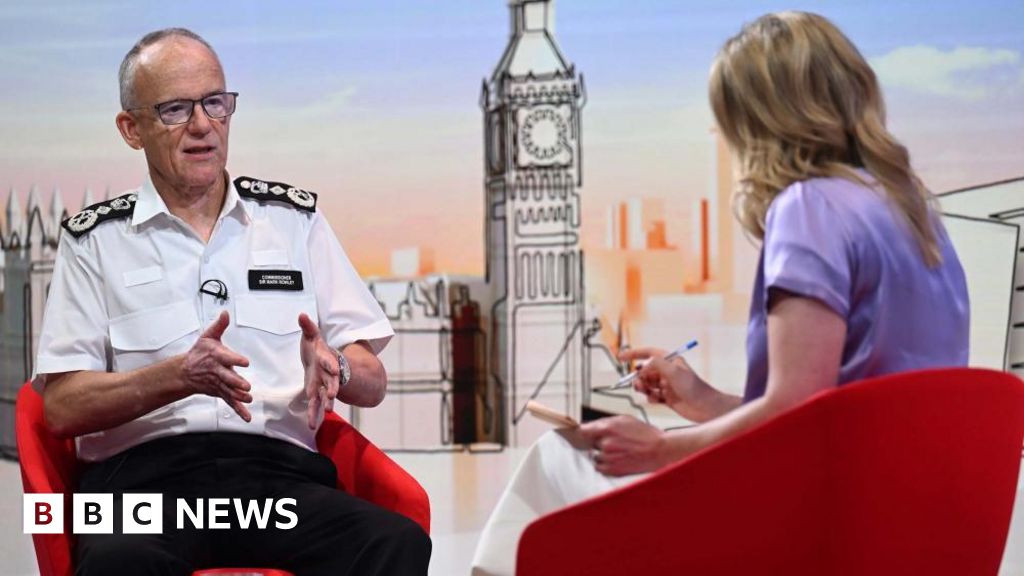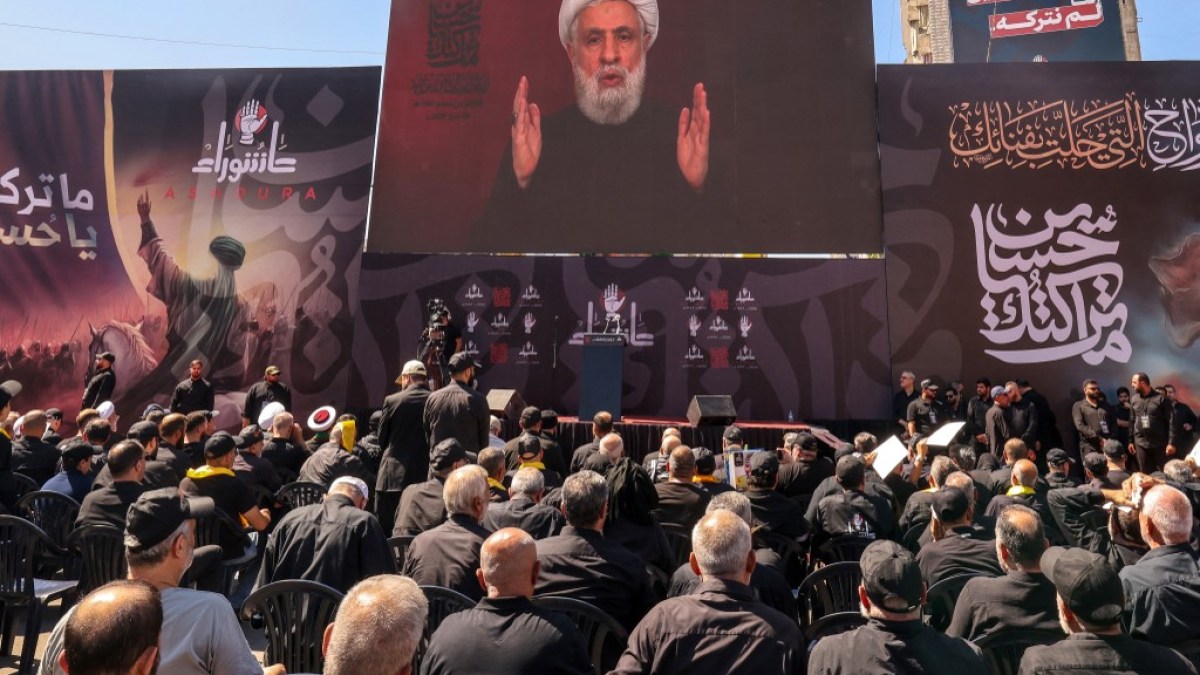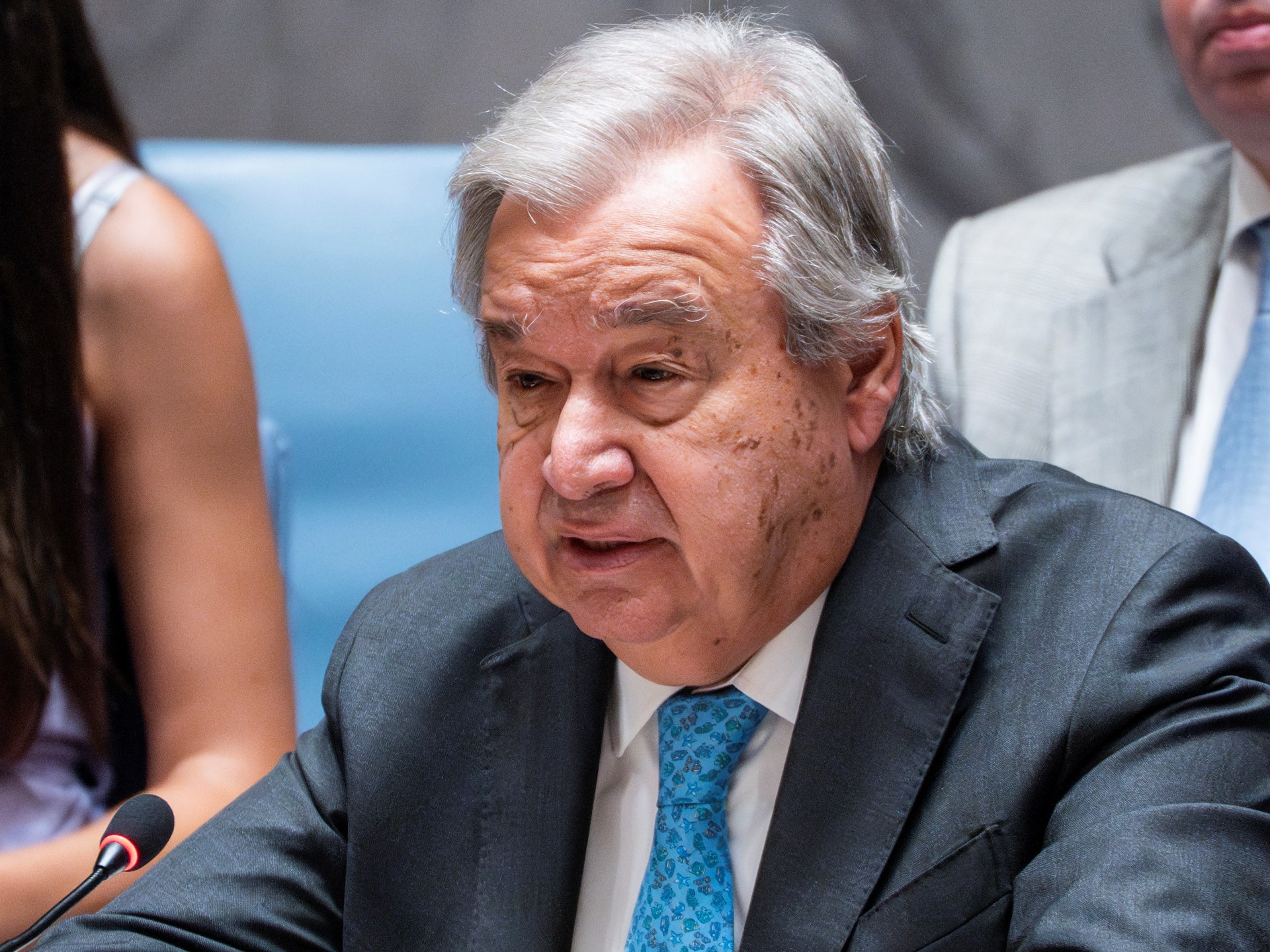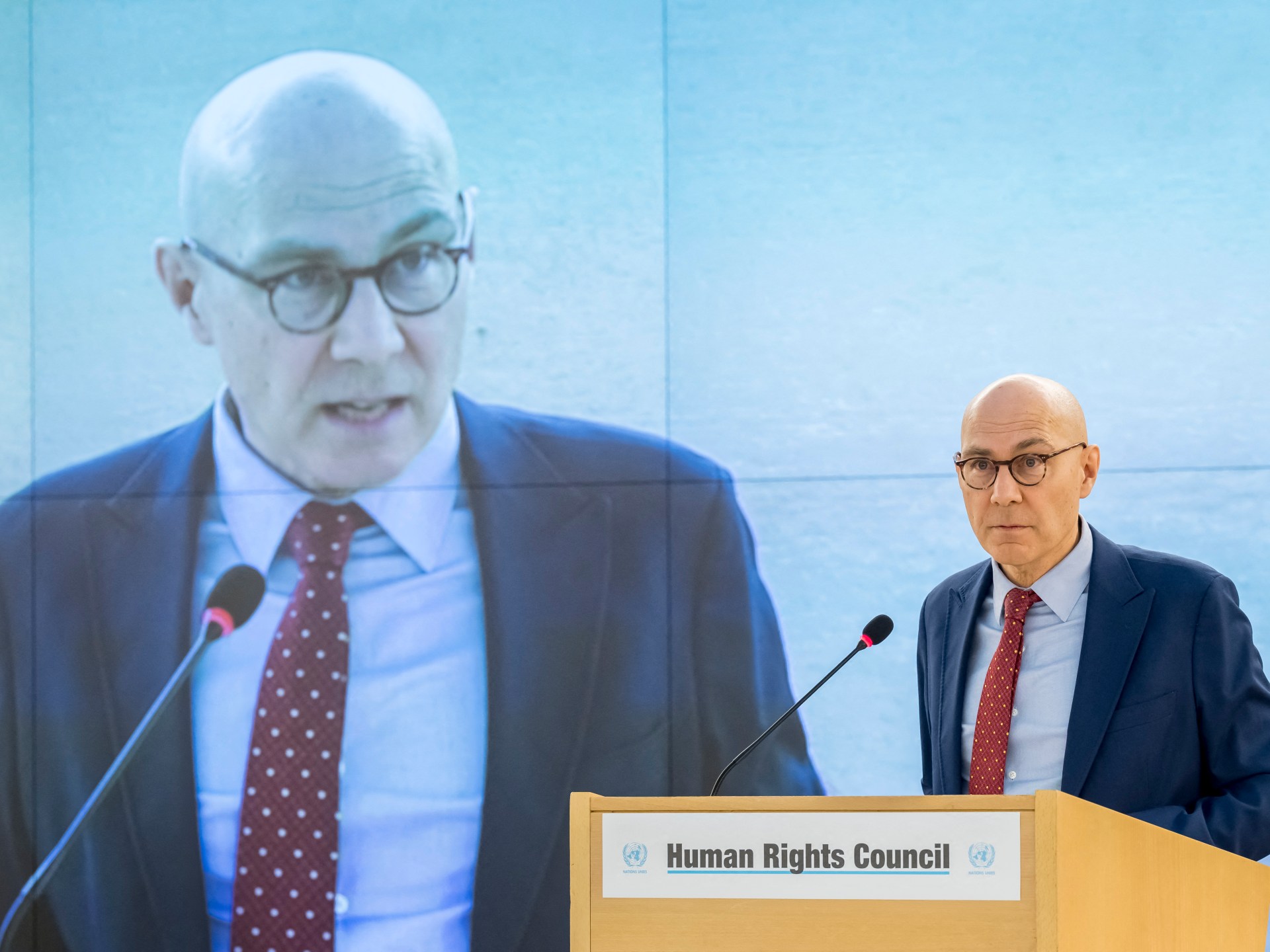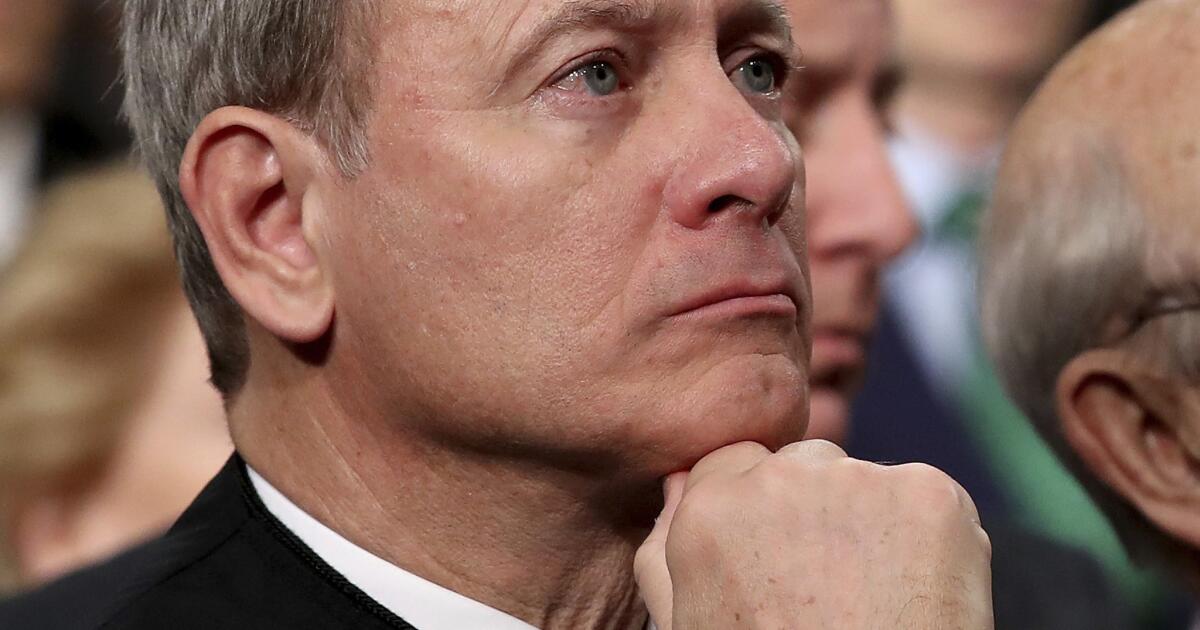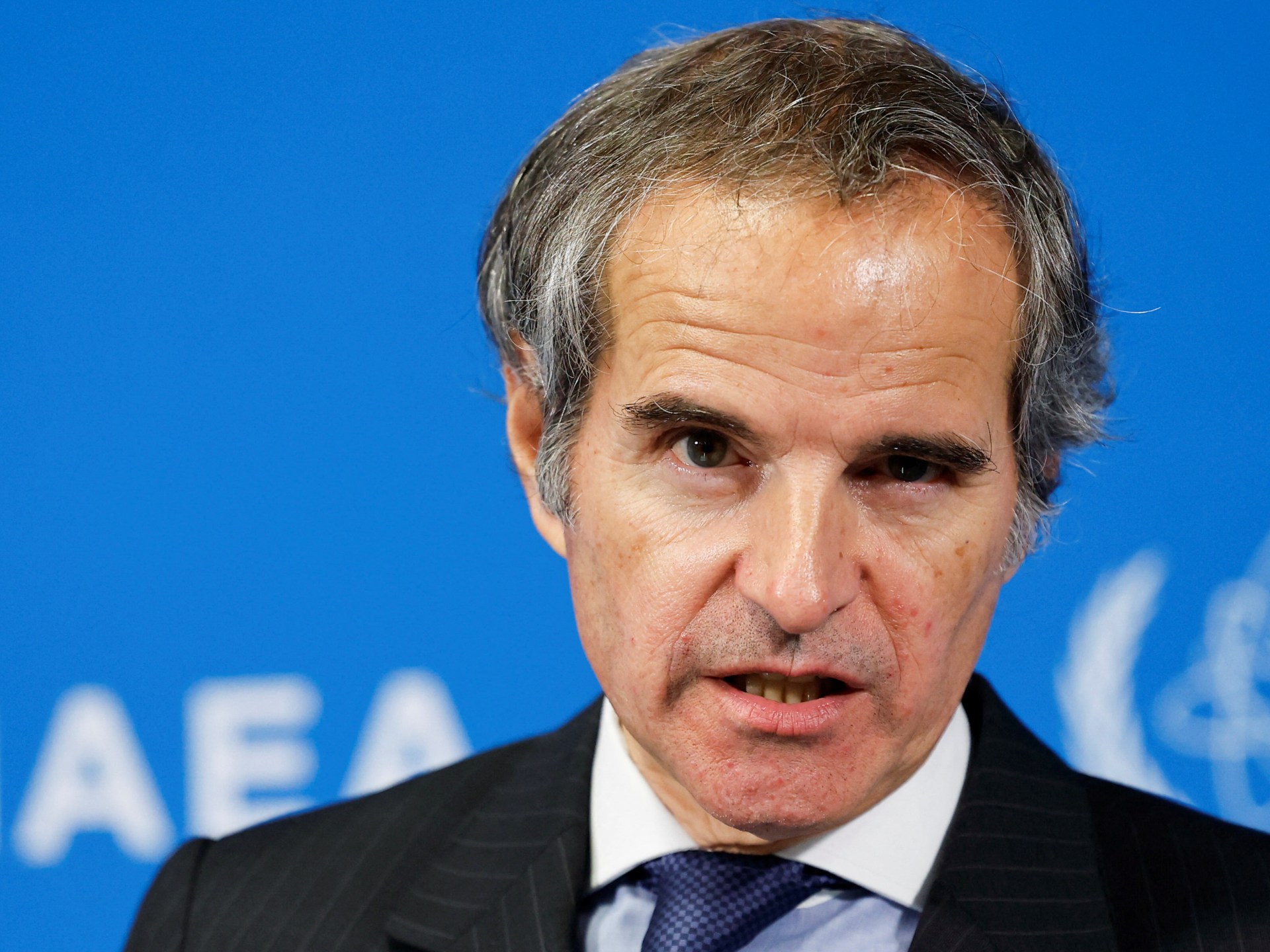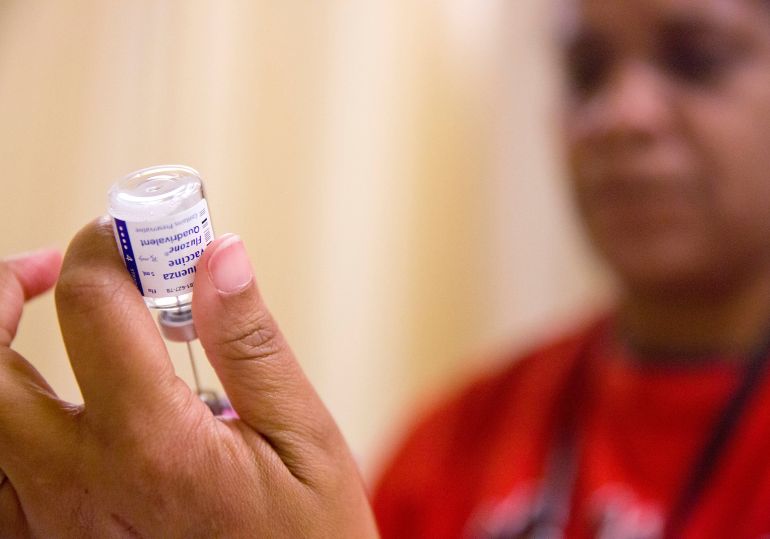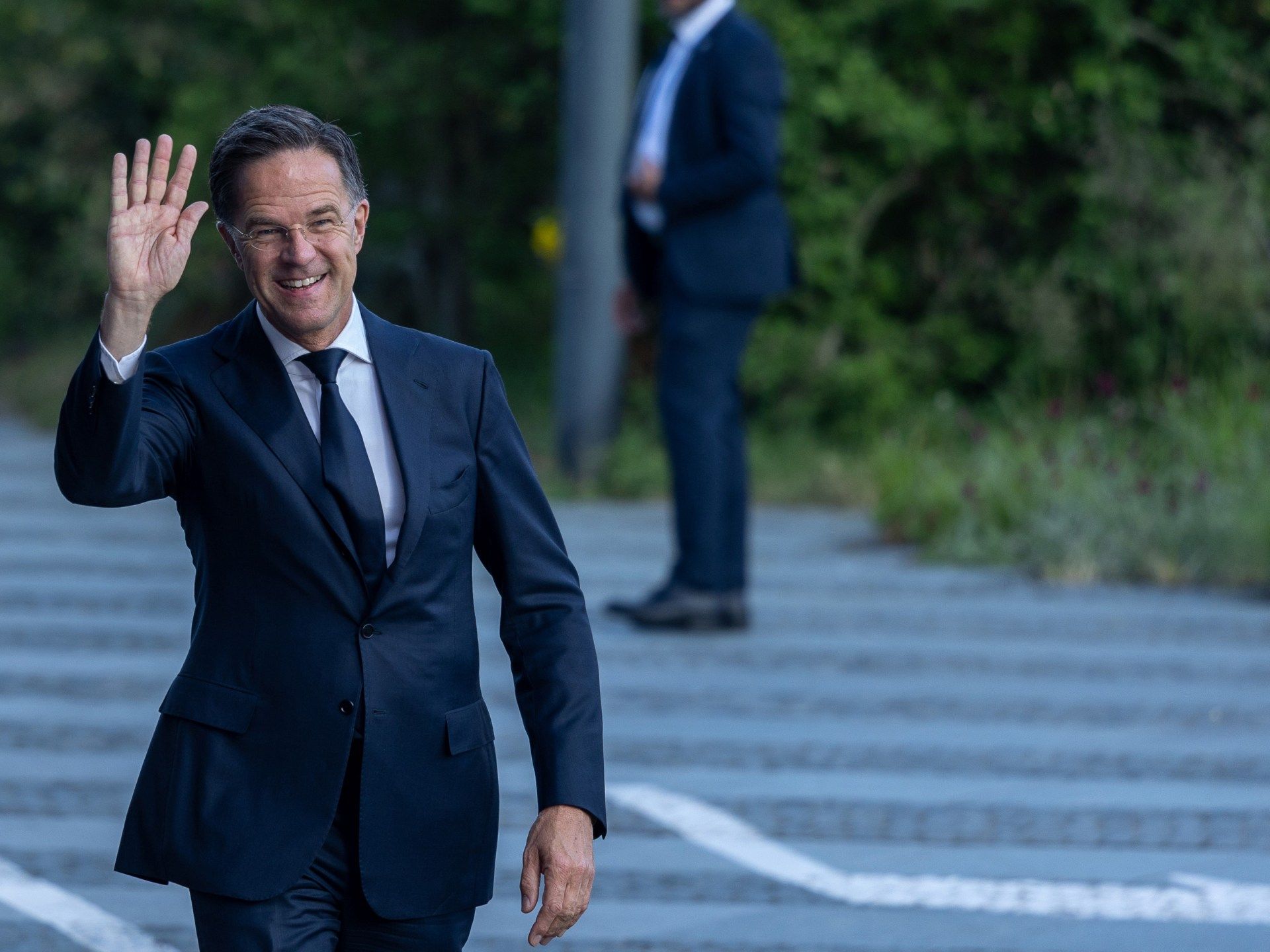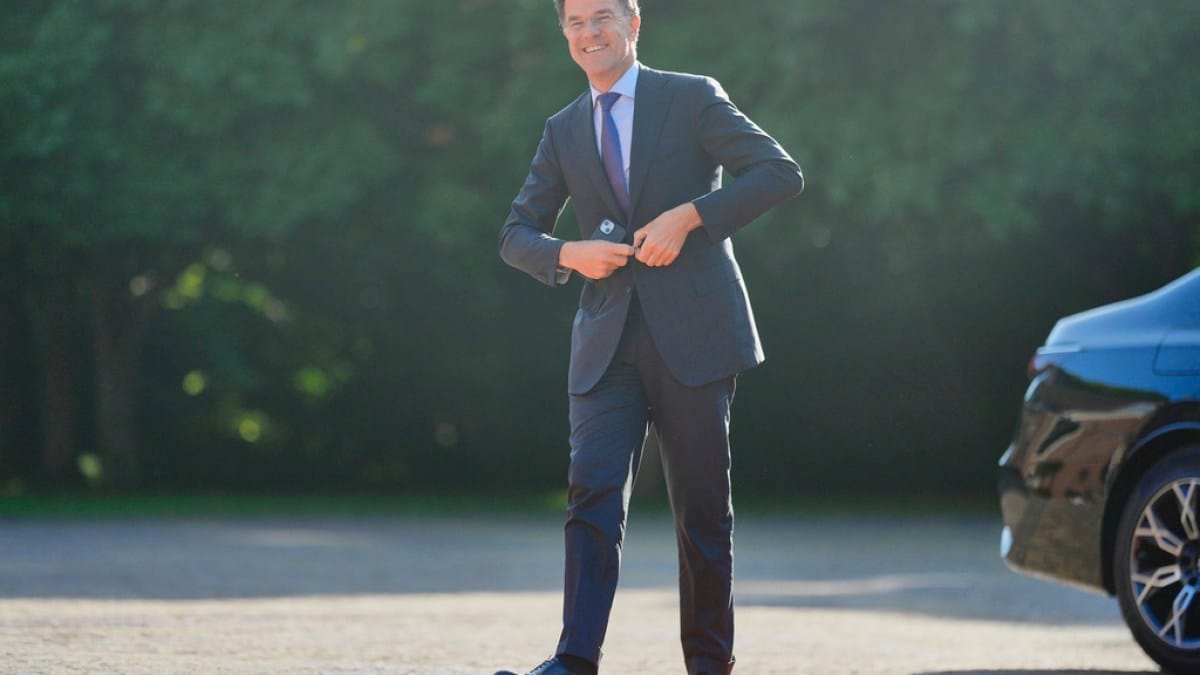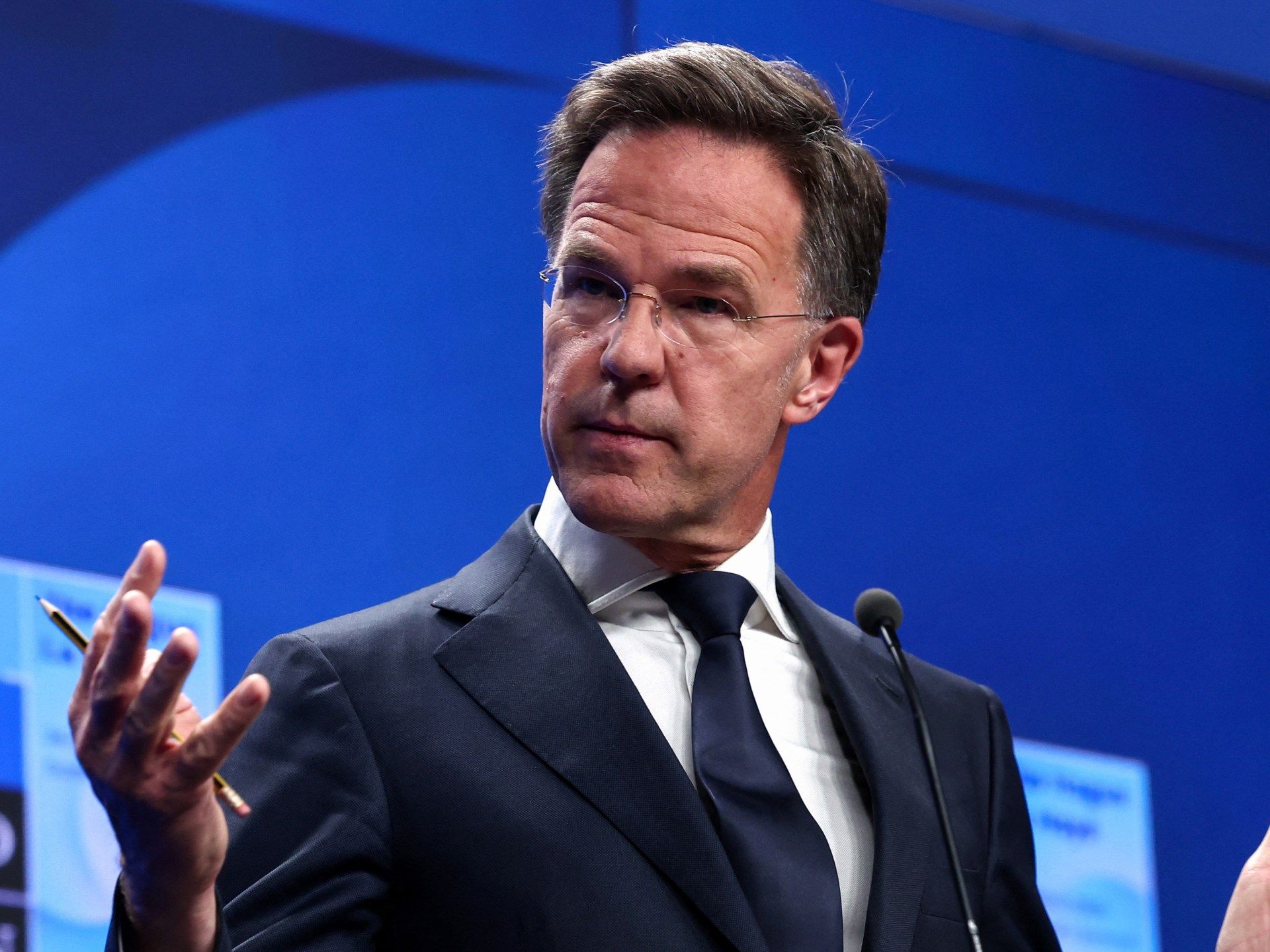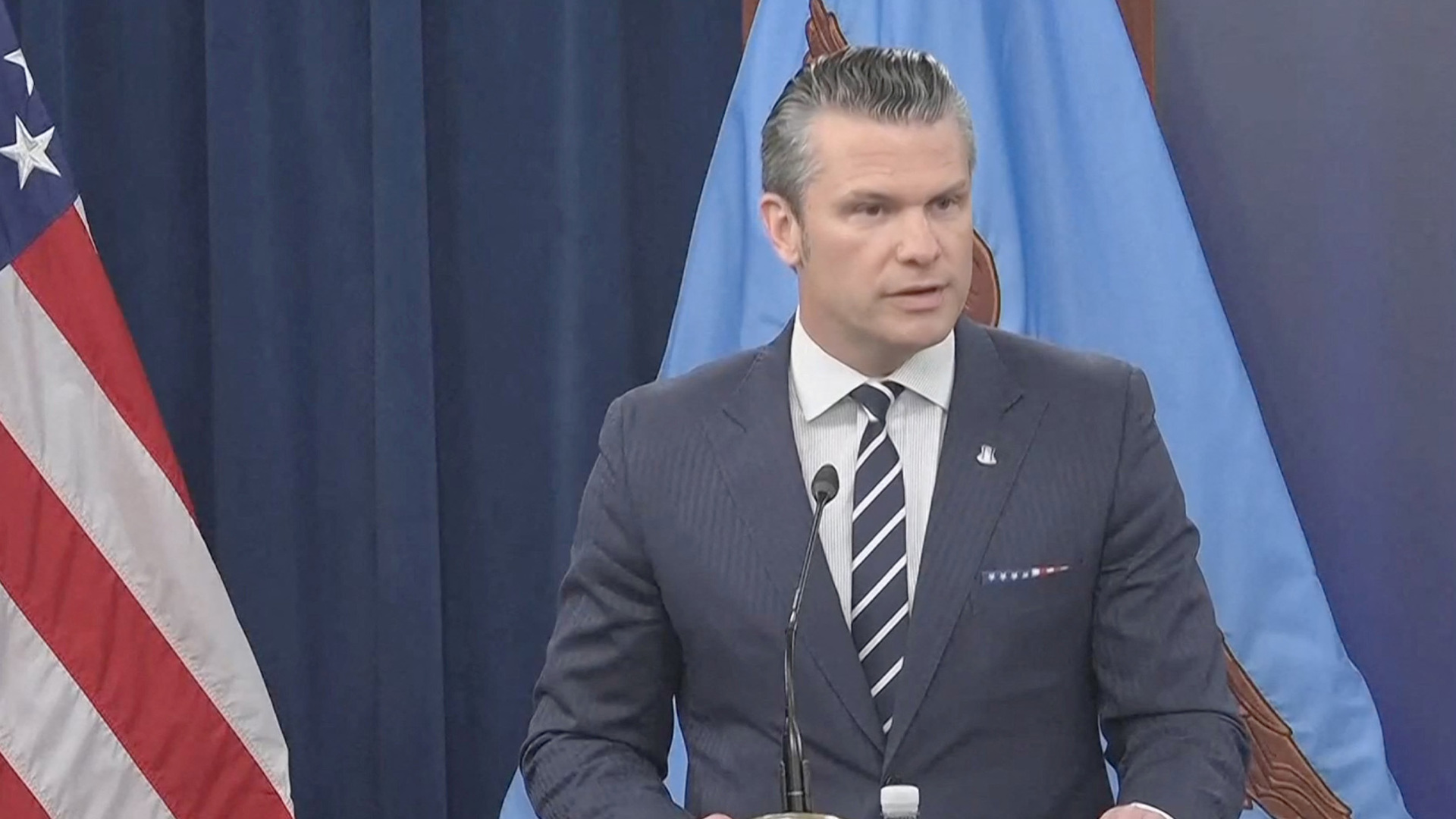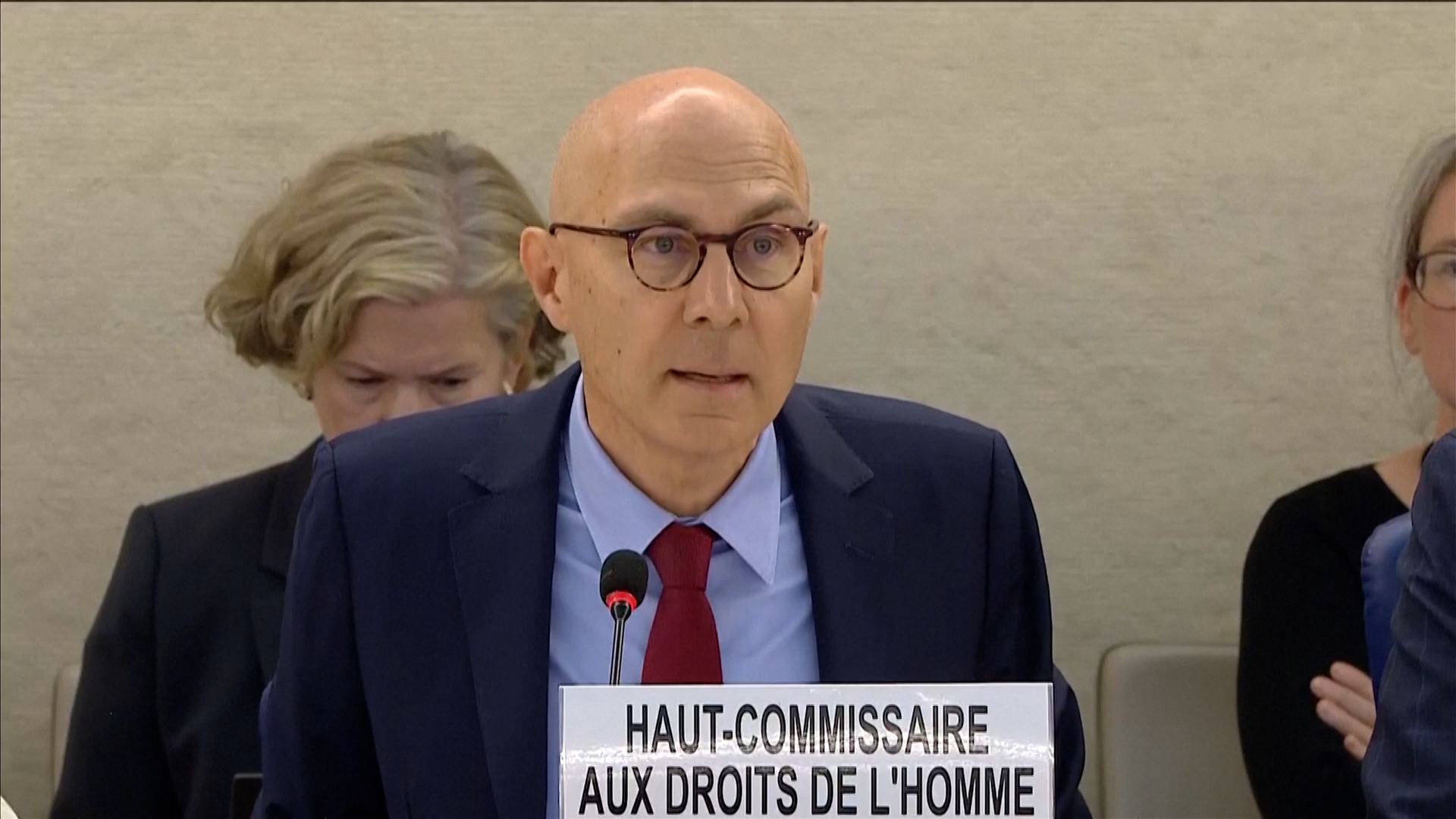LAPD undergoes first major leadership shake-up with McDonnell as chief
In his first major shake-up since taking over the Los Angeles Police Department in November, Chief Jim McDonnell has given new assignments to more than a dozen officials from the upper ranks.
Faced with ongoing struggles to woo new recruits and uncertainty around his plans to overhaul the LAPD, McDonnell gave the first indications about how he intends to reorganize by elevating three deputy chiefs — Emada Tingirides, Michael Rimkunas and Scott Harrelson — to top positions and resurrecting a long-dormant bureau.
The moves were announced in a departmentwide email last week but aren’t expected to take effect until later this month.
Tingirides, who lost out to McDonnell in a bid to become chief last fall, becomes assistant chief in charge of the Office of Operations, which oversees patrol functions. She was recently announced as a finalist for the same job in Fort Worth, according to local news reports. Her recent promotion is seen by some inside the department as a move to convince her to stay. She becomes the highest-ranking Black woman in the department’s history.
Harrelson will now be in charge of the department’s training and recruitment efforts as the head of the Office of Support Services, replacing Assistant Chief Daniel Randolph, who is expected to retire in the coming weeks.
Filling out McDonnell’s inner circle are two other holdovers from the administration of former Chief Michel Moore: Rimkunas and Dominic Choi, who served as interim chief until McDonnell took over in November. Choi remained an assistant chief but was named McDonnell’s chief of staff — in effect the department’s No. 2.
The head of the bureau that includes internal affairs, Rimkunas will now run the Office of Special Operations.
McDonnell also resurrected the department’s Human Resources Bureau, which was shut down in 2004 when McDonnell he was a senior official under former Chief William J. Bratton. He didn’t immediately say what the new bureau’s responsibilities will be.
It’s unclear whether McDonnell will have to submit parts of his reorganization plan to the City Council, which in the past has had to sign off on changes to the department’s structure.
When he took the job last year, McDonnell initially said he wanted to spend at least three months studying the LAPD to understand how it had changed since he came up through the ranks. He left in 2010 to become the top cop in Long Beach, then served a term as L.A. County sheriff. His early review timeline was thrown off, he told reporters at a news conference last week, because of the fires in January and the recent protests over federal immigration raids.
The series of major incidents, McDonnell said, presented an unexpected opportunity to evaluate his senior staff to see how they performed “in crisis mode.”
The chief added that he had delayed his realignment for the “outcome of the budget to see where we were” and the completion of a monthslong study of the department by Rand Corp., a global policy think tank brought in last year to conduct a top-down review. The study was recently finished, and McDonnell said he was reviewing its recommendations, as well as those made by the numerous internal working groups he had convened to look at recruitment, discipline and other workplace issues.
Without offering details, McDonnell hinted that another one of his priorities will be beefing up the department’s detective ranks and overhauling the system that handles misconduct complaints against officers, long a source of controversy and frustration.
“I have in rough form what I think it could look like, but I certainly want to get the input from those who are dealing with it on a day-to-day basis on how do we best deal with the nuances of doing the job today with the number of resources that we have,” he told reporters.
McDonnell has come under growing pressure from critics who have said he is moving too slowly to make changes, with more urgency required as the city gets ready to host events such as the next year’s World Cup and the 2028 Olympic Games.
In other personnel moves announced last week, McDonnell moved Deputy Chief Marc Reina from the Training Bureau to South Bureau, where he previously worked as captain, and promoted German Hurtado, the department’s immigration coordinator, to deputy chief over Central Bureau, which has been the epicenter of recent protests.
Hurtado has been named in at least two pending lawsuits by LAPD officials accusing him of covering up unjustified uses of force by officers during the 2020 protests. The city has denied wrongdoing and is fighting the cases in court.
“As far as I know, I’m only named as a witness in those cases, and I’m not at liberty to talk about ongoing lawsuits,” Hurtado said when reached Monday by The Times.
McDonnell also demoted Assistant Chief Blake Chow to his civil service rank of commander — a similar trajectory to McDonnell, who was made to drop a rank during the tenure of former Chief Charlie Beck. Capt. Ray Valois, who helped oversee the department’s response to the Palisades fire, was elevated to commander in the Valley Bureau.
